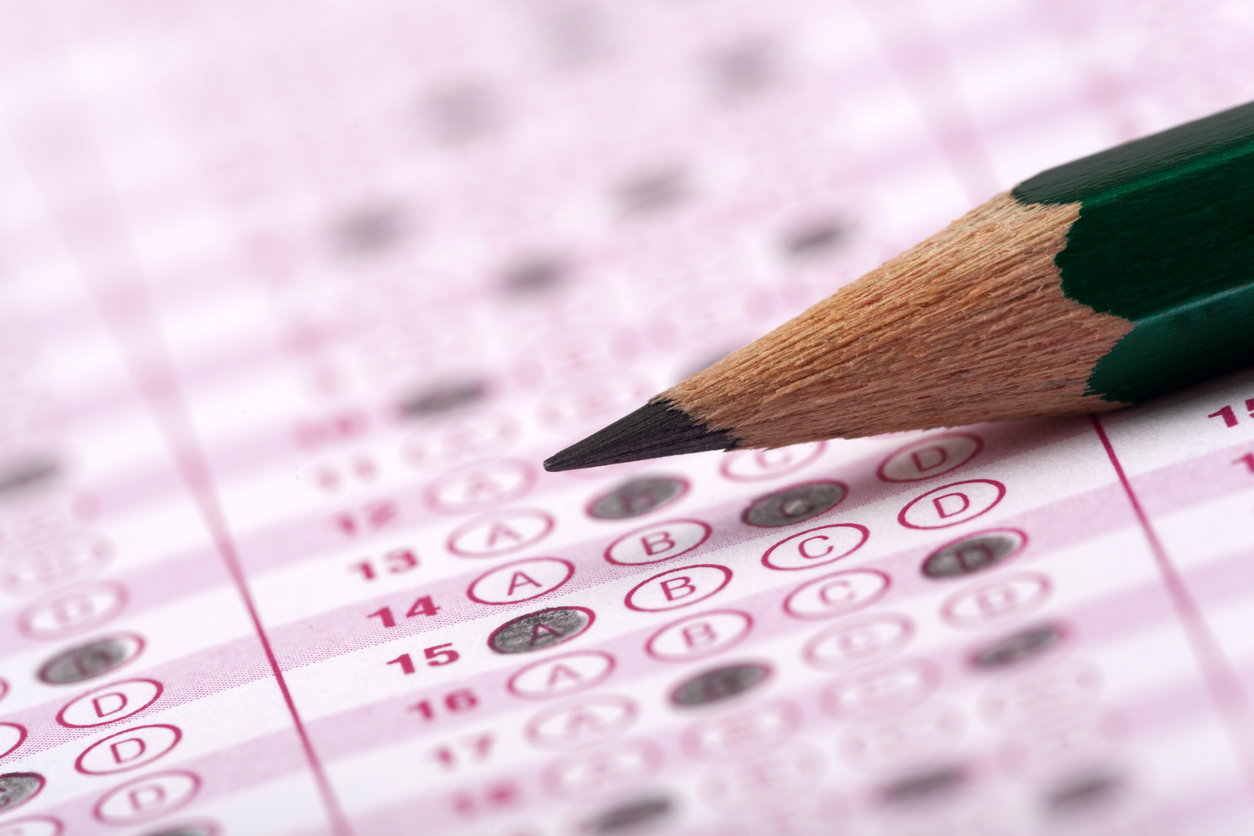Let’s talk about standardized testing. This has been a hot topic in American education for years. Why the controversy? Standardized testing takes a good idea to an extreme that doesn’t always result in good education. When the No Child Left Behind Act (NCLB) mandated standardized testing for all public school students, public educators were forced to deal with the good that came out of it as well as the disadvantages of using standardized tests.
What Good Can Come Out of Standardized Testing?
You might be wondering why NCLB would make sure every public school student takes the same test. Here are some of the upshots of standardized testing:
- It Provides Benchmarks. When students take the same test, their results can be compared to each other. Similarly, the total results of different schools can be compared.
- It Helps Weed Out Problem Areas. A standardized test can alert parents and teachers where a student has a problem. Then, that student can work harder or get extra help with the problem area. Also, a school can look at its composite score and see where the student body as a whole is doing poorly. The tests serve as a way to locate problems that need to be addressed.
- No Subjective Grading. Standardized tests eliminate favoritism. The system is meant to treat students fairly and equally.
- It Provides Structure to Classroom Education. Teachers know what types of material will be covered on the standardized tests, so they teach accordingly. Classrooms across the country will be learning similar things in school.
What Are the Disadvantages of Standardized Testing?
Do the above points sound too good to be true? Maybe they are. Check out the ways standardized tests bottom out:
- Teaching to the Test. Teachers understand the high stakes involved in standardized testing, so they teach their classes to ensure the children know the material on the test. What does teaching to the test leave out? Natural curiosity. Fruitful rabbit trails. A world of information not on the test. When teachers teach to the test, they don’t have as much time to concentrate on real learning.
- Children are Evaluated Based on One Test. While the test may have its good points, there’s more to a child’s education than one test. Administrators looking at test scores will not see how the child has grown throughout the year, the child’s attitude toward learning, or whether or not the child learns better using a different format than standardized testing.
- Stress. Taking a high stakes standardized test is stressful for both the teacher and the student. While some people operate better under stress, many will be too stressed out to demonstrate their true intelligence.
- External Factors Are Not Taken into Consideration. A child might have been able to do much better on the test if he or she had not been going through a hard time at home, had not been sick with a cold, or any other number of factors that can affect a person.
- Tests do not Cover All the Skills. What about creativity and motivation? Are these “untestable” skills not considered as important as math skills or reading comprehension? Standardized tests cannot cover all the important skills a child needs to learn.
- Standardized Tests Invite Cheating. When anything is standardized, someone is going to look for a way to cheat. Unfortunately, teachers can find ways to make their students get more answers right. Is this real learning? Absolutely not.
Do Our Students Have to Take a Standardized Test?
The high stakes test used in Texas is called the STAAR (the State of Texas Assessments of Academic Readiness). All public schools in Texas are mandated by NCLB to administer this test. Fortunately for us, the NCLB mandate does not apply to private schools. We do not have to administer the STAAR. Private schools have the freedom to run an academic program focused on real progress and real development.
For more information on the way we educate children at The Tenney School, please contact us.
Sources:
https://www2.ed.gov/nclb/landing.jhtml
https://tea.texas.gov/student.assessment/staar/


